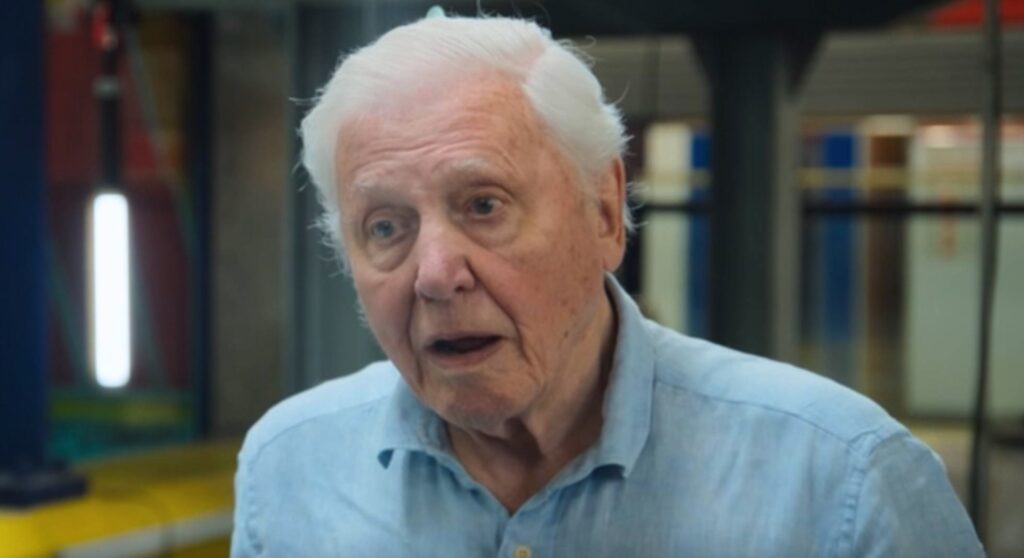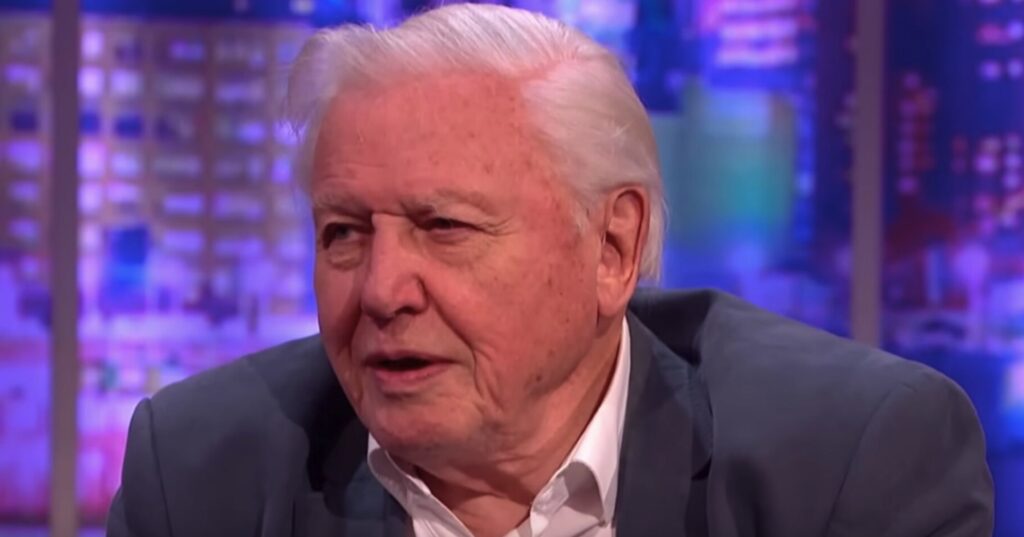At 99, Sir David Attenborough remains one of the most familiar voices in nature broadcasting. But behind his calm tone and enduring presence lies a history of serious health issues, which he now acknowledges more openly.
In his latest Disney+ documentary Ocean, Attenborough offered a rare personal note, saying he is “nearing the end of his life.” The statement marked a shift from his usual focus on wildlife to something more introspective.
His health struggles have spanned more than a decade. In 2013, he underwent emergency heart surgery to have a pacemaker fitted. The operation forced him to cancel a speaking tour in Australia. His spokesperson said long-haul travel was not possible so soon after surgery.

Two years later, at 87, he had surgery on one knee. “They didn’t want to do both knees at once,” he said. “I would’ve preferred that, but it’s too much anaesthetic at my age.” The operation helped him remain mobile and able to film on location.
In 2016, he spoke publicly about memory lapses. While filming in the Jura Mountains, he forgot the name of a common flower—oilseed rape. He later described it as an early sign that age was beginning to affect his work.

Despite these challenges, Attenborough has continued to work. He returned with Planet Earth III and now Ocean, both reinforcing his message about the urgency of conservation.
In Ocean, he reflects not only on his age but on what matters most. “As I approach the end of my life, I now understand the most important place on Earth is not land – but sea.”
The line is both clear and weighted. It speaks to a lifetime spent watching the natural world change—and a final reminder that its future still hangs in the balance.




